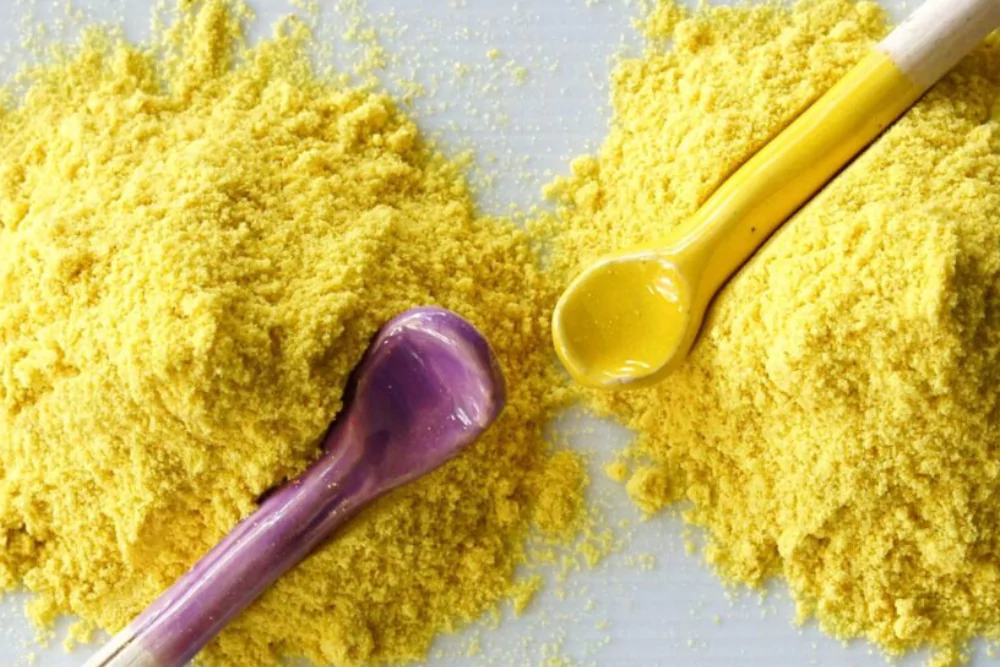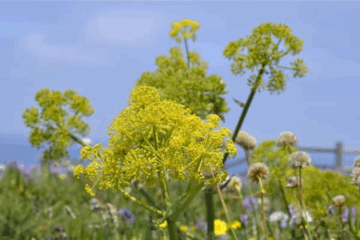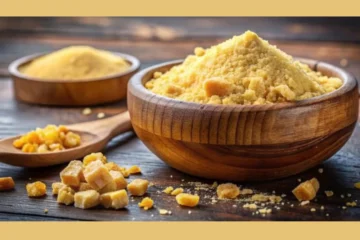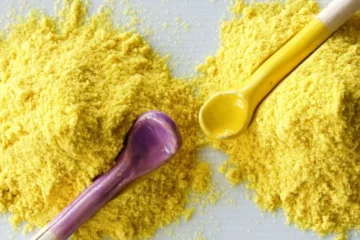Hing (asafoetida) is gaining attention in modern science as a potential natural antibiotic due to its powerful antimicrobial compounds. Studies highlight its ability to fight harmful bacteria and support overall immunity. Here’s an in-depth look at the research, uses, and safety of using Hing as a natural antibiotic.
1. Can Hing Really Fight Harmful Bacteria — Is There Any Scientific Research or Clinical Evidence?
Short Answer (within 50 words): Yes, emerging scientific research suggests Hing’s sulfur compounds and ferulic acid show strong antibacterial and antifungal activity. Early laboratory studies reveal its potential to inhibit growth of bacteria responsible for gut and respiratory infections, though large-scale human clinical trials are still in early stages.
Detailed Answer:
- Laboratory studies published in journals such as Phytotherapy Research and Journal of Ethnopharmacology show that Hing’s volatile sulfur-based compounds can suppress bacterial strains like E. coli and Staphylococcus aureus.
- Ferulic acid present in Hing acts as a natural antioxidant and antimicrobial agent, providing a dual benefit of boosting immunity while controlling infection-causing microbes.
- Pre-clinical studies have highlighted Hing’s potential to limit biofilm formation, which is crucial in controlling chronic infections.
- While animal and lab research is promising, large-scale clinical trials on humans are still limited, making it a complementary but not a complete replacement for prescribed antibiotics.
2. Is Hing Effective Against Common Infections Like Sore Throat, Gut Infections, or Skin Issues?
Short Answer (within 50 words): Traditionally, Hing is used to relieve sore throat, digestive infections, and skin inflammation. Scientific evidence supports its antibacterial effect on gut pathogens and mild respiratory infections, though it works best as a supportive remedy rather than a direct cure for severe conditions.
Detailed Answer:
- Sore Throat: Hing water gargles are known to soothe throat irritation and reduce bacterial load, as supported by its anti-inflammatory properties.
- Gut Infections: Its natural antifungal and antibacterial actions help reduce harmful gut bacteria like Helicobacter pylori, supporting healthy digestion.
- Skin Issues: Hing paste mixed with water is traditionally applied to minor boils or skin irritations, reducing infection risk due to its sulfur compounds.
- Modern herbal medicine practitioners recommend Hing as an immune-supportive herb, not as a standalone antibiotic treatment.
3. Can I Use Hing Instead of Antibiotics — or Is It Meant to Support Immunity Alongside Conventional Medicine?
Short Answer (within 50 words): Hing cannot replace prescription antibiotics for serious infections. Instead, it is best used to support natural immunity and complement medical treatments. Always consult a doctor before substituting or combining Hing with conventional medicine.
Detailed Answer:
- Hing is a powerful natural antibacterial, but it lacks the standardized potency and clinical approval required to replace antibiotics in serious bacterial infections.
- It can be used as a preventive aid to strengthen the gut and respiratory immunity, thereby reducing infection frequency.
- Medical guidance is essential, especially if you are already on prescribed medications, to avoid any potential interactions.
- Health experts recommend using Hing as a complementary herbal remedy, not a replacement for doctor-prescribed antibiotics.
4. How Should I Consume Hing for Its Antibacterial Benefits — Is It Better in Food, Teas, or as a Supplement?
Short Answer (within 50 words): For antibacterial support, Hing can be consumed through tempered meals, Hing-infused warm water, or in capsule form. A small pinch (around 200–500 mg) daily is sufficient to enjoy its antimicrobial benefits without side effects.
Detailed Answer:
- In Food: Add a pinch of Hing while tempering dals, curries, or soups. Heat releases its active compounds, making it easy to digest.
- Hing Water: Mix a pinch of Hing in warm water and drink it in the morning to cleanse the gut and reduce harmful bacteria.
- Capsules or Supplements: Standardized Hing capsules (as advised by a healthcare provider) ensure controlled intake of its bioactive compounds.
- Combination with Spices: Pairing Hing with turmeric and black pepper enhances its antimicrobial and anti-inflammatory effect.
| Form of Consumption | Recommended Amount | Best Time |
|---|---|---|
| Tempered in food | A pinch (200–500 mg) | During lunch or dinner |
| Hing-infused warm water | A pinch in 1 cup of water | Morning, on empty stomach |
| Capsule/Supplement | As per doctor’s advice | As recommended by healthcare provider |
5. Are There Any Side Effects of Using Hing Regularly — Especially for People with Sensitive Digestion or Chronic Conditions?
Short Answer (within 50 words): In small amounts, Hing is safe for most people. However, excessive intake can cause bloating or mild digestive discomfort, especially for those with sulfur sensitivity or chronic digestive issues. Always stick to a pinch a day.
Detailed Answer:
- Consuming more than the recommended pinch may cause temporary stomach irritation, flatulence, or diarrhea in sensitive individuals.
- People with chronic digestive issues, such as IBS, should introduce Hing gradually to observe tolerance.
- Pregnant or breastfeeding women should consult a doctor before regular consumption, as high doses may trigger uterine contractions.
- Those with sulfur allergies or on blood-thinning medication should seek medical advice before using Hing supplements.
Conclusion
Summary: Hing as a natural antibiotic is an exciting area of research, showing real potential in controlling harmful bacteria. While promising, it should complement—not replace—conventional medicine.
Detailed Conclusion:
- Modern research highlights Hing’s sulfur compounds and ferulic acid as potent natural antimicrobials that may help fight bacteria and fungi.
- Traditional remedies like Hing water or tempered dishes continue to provide immune support and digestive benefits.
- Responsible consumption, about a pinch per day, ensures benefits without side effects.
- Hing is best used as a preventive and supportive natural remedy alongside professional medical care, not as a standalone antibiotic replacement.





